Britain & Ireland
Women and social history can be overlooked themes in periods where records tended to focus on money, religion and Kings. While those latter themes are covered in this section so are features on individual women, their relationships with power and how they were able to influence politics and the people around them. Social history is also addressed through the stories of Hermits, soldiers, tax records and revolting peasantry with nobles. Read more
Sort by:
Date (Newest first) | Title A-Z
Show:
All |
Articles |
Podcasts |
Multipage Articles
-
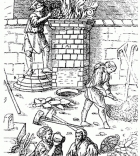
The Thirteenth Century Industrial Scene in England
ArticleClick to view -
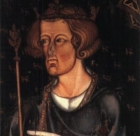
The Thirteenth Century Political Scene in England
ArticleClick to view -
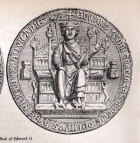
The Thirteenth Century Rural Scene in England
ArticleClick to view -

The Undergrowth of History
ArticleClick to view -

The Vikings in Britain
ArticleClick to view -

The archer's stake and the battle of Agincourt
ArticleClick to view -
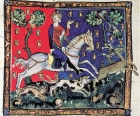
The making of Magna Carta
ArticleClick to view -
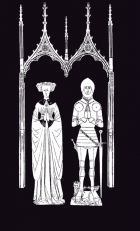
The soldier in Later Medieval England
ArticleClick to view -
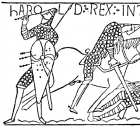
The strange death of King Harold II: Propaganda and the problem of legitimacy in the aftermath of the Battle of Hastings
ArticleClick to view -
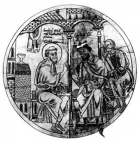
Thomas Parkinson: the Hermit of Thirsk
ArticleClick to view -

Towards Reform in 1809
ArticleClick to view -

Virtual Branch: The Women of the Anarchy
ArticleClick to view -
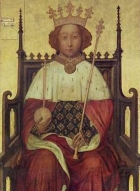
Was Richard II Mad? An evening with Terry Jones
ArticleClick to view -

Welsh archers at Agincourt: myth and reality
ArticleClick to view -

William the First and the Sussex Rapes
ArticleClick to view -
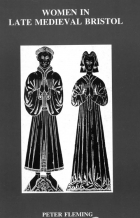
Women in Late Medieval Bristol
ArticleClick to view

